An Introduction to Xiaomi
Xiaomi is a relatively young company in the smartphone industry that rose to fame five years ago. Their offer: an iPhone-quality product for a less than half the cost of an iPhone. This was a big deal in China as millions still couldn’t afford decent smartphones.
Dismissing Xiaomi as a cheap Chinese phone maker doesn’t justify their meteoric rise.
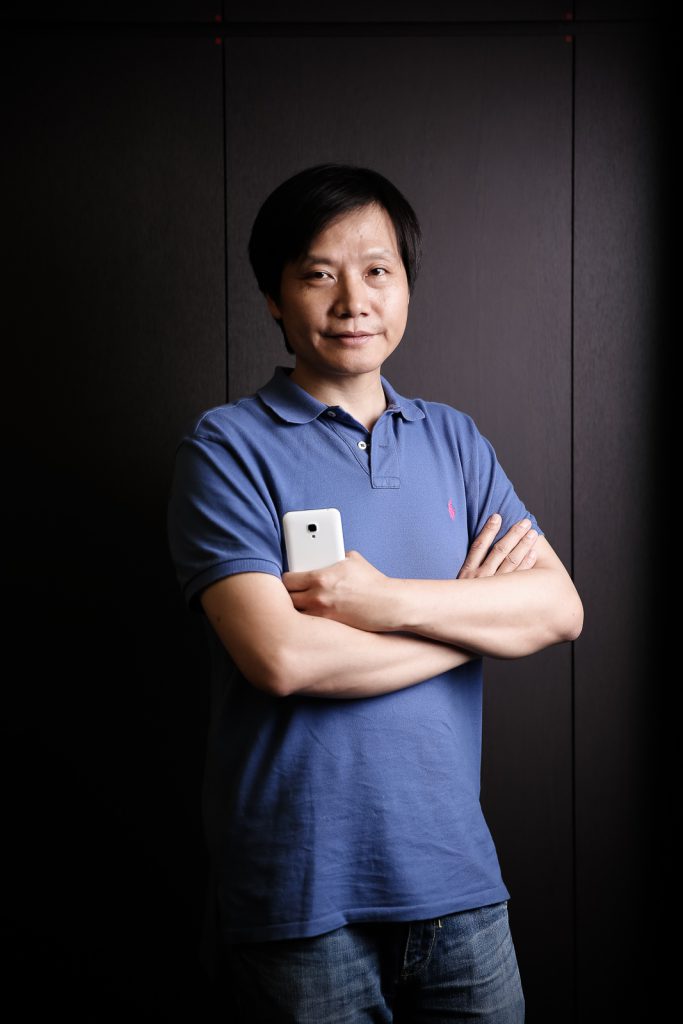
Led by their charismatic CEO, Lei Jun, Xiaomi filled an important gap in the mobile phone industry by becoming the first company to offer high-end phones at incredibly attractive prices.
Domestic Chinese buyers were the first to adopt as it didn’t take long for everyone to realize that they didn’t need to spend $200 on a mid-range phone from Samsung, LG, or Sony; when they could get a Xiaomi phone which cost less but had features that rivaled most flagships.
Xiaomi and perceived quality of Chinese smartphones
Dismissing Xiaomi as a cheap Chinese phone maker doesn’t justify their meteoric rise. Before Xiaomi became a household name in China, there were – quite literally – thousands of companies there making cheap phones. Fake and cheap iPhones were common too but more often than not these cheap prices meant mediocre specs and sub-standard quality.
That’s not to say there weren’t any high-quality cheap phones. There were in fact cheaper phones offered by the big names like Samsung, Sony, LG, Motorola, and others. These phones had decent quality and came with the right logo sticker, but they were lacking in performance and features. Cheap here is a relative term. They weren’t that cheap actually, just cheaper than the more expensive versions offered by these brands.
This is where Xiaomi comes in. They might be the first Chinese company to offer cheap phones with highest quality hardware. This may sound like a normal thing now, but it isn’t. We’ve all heard about cheap Chinese products that look well but perform poorly and die quickly.
Xiaomi is the first company that changed this view about Chinese consumer products. Xiaomi phones were cheap, but no one would dare accuse them of inferior quality. That’s because Xiaomi used the same internal parts and components used to build Apple’s iPhones and Samsung’s Galaxy S class phones.
Success of Xiaomi
It might be easy to label Xiaomi as a cheat because they apparently stole some product ideas from their competitors. But it would be unfair not to credit them for their innovative business concept. No one had done things that way before them, at least not so successfully.
Xiaomi revolutionized the smartphone landscape in China and can be regarded as having influenced companies like Oppo and Huawei. They also did something that most Chinese phone makers had never done before. Capture the hearts of Chinese consumers. They built up a huge following in China. Not vastly different from the way things were with Apple (in their earlier days).
Xiaomi phones had such high demand in China that they could sell hundreds of thousands of phones in a matter of seconds, if not minutes. They accomplished this using an innovative e-commerce technique now known as a flash-sale.
Xiaomi can also be credited as having launched one of the best Android UIs at the time. They had a unique model for how they handled OS customization and support. Something that would be shocking to most iPhone users. Xiaomi allowed their users to vote for features they wanted to add and delivered those new features on a weekly basis. This level of customer engagement was unheard of.
It’s all these good qualities that skyrocketed them to fame in the Chinese domestic market. And though it’s easy to talk about good qualities of Xiaomi and all their positive achievements, this article is not about that. We will focus on the one thing that made them famous (or infamous) outside China, which is copying Apple.

Imitating Apple everything
Xiaomi chose to imitate Apple in every possible way imaginable. It’s not clear whether this was out of necessity, a part of an ingenious strategy or due to simple laziness. Their imitation of Apple was the most extensive ever seen. No matter its product design, user interface, marketing, branding or retail style. Their Apple inspiration was very clear to see, even to the untrained eye.
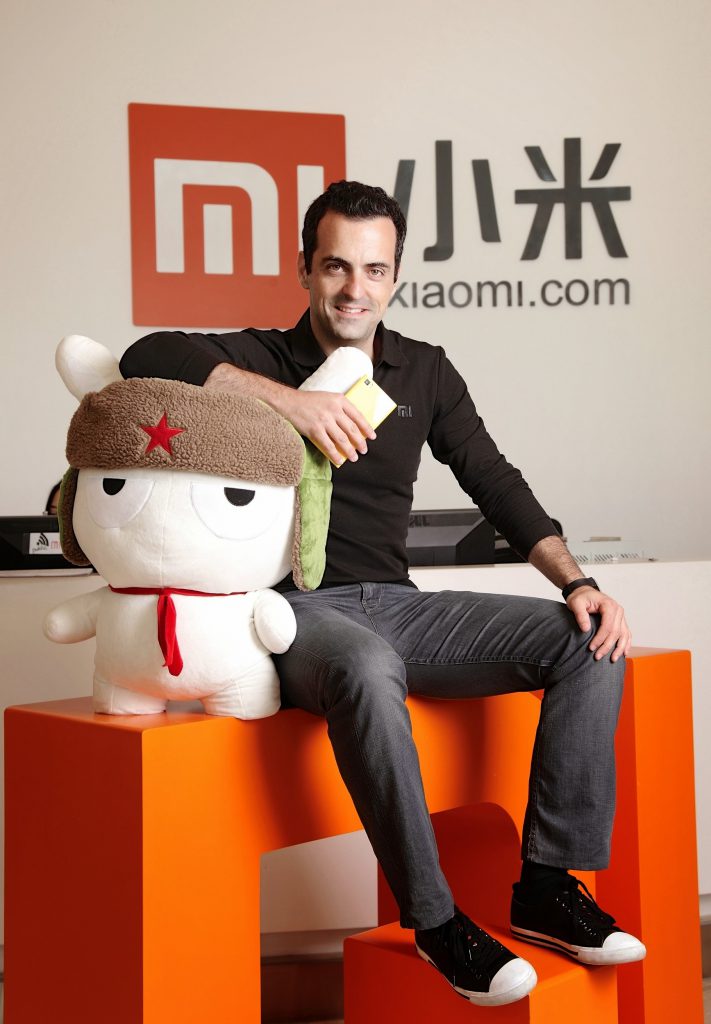
This gambit did pay off. In an incredible turn of events Xiaomi became the most valuable startup in the world; a rank later lost to Uber. Xiaomi also consistently topped the Chinese smartphone market share for years.
It’s only recently that they have started to feel the pressure from other domestic competitors like Oppo and Huawei. Many suggest that Xiaomi have lost their momentum to other competitors in China. That doesn’t change the fact that they are still one of the strongest and most reputable smartphone brands (at least in China & India).
Accusations against Xiaomi of copying Apple is a controversial subject. Xiaomi and their representatives deny everything. That doesn’t change the fact that outside China, many have labelled them as a blatant copycat. Given their immense popularity in two of the world’s most important smartphone markets (China & India), many are left asking the question, “Why hasn’t Apple sued them yet?”.
So here I attempt to answer this question with a list of ten possible reasons as to why Apple hasn’t sued them yet and why they might never do it.
1) Suing a Chinese company in China isn’t easy
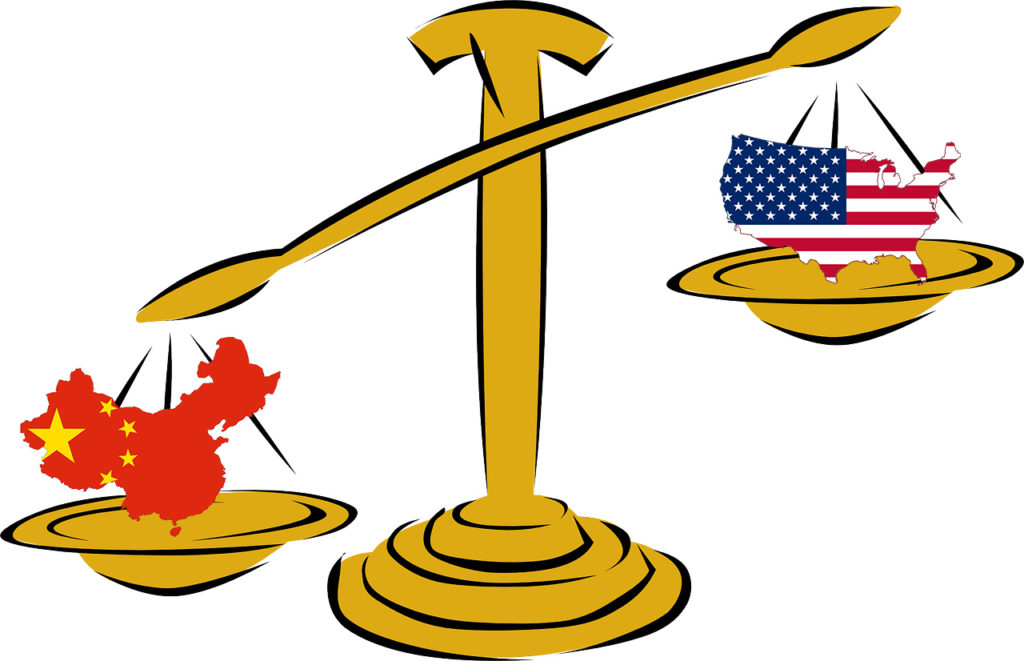
For any foreign company suing a Chinese company within China is a total waste of time. It’s complicated, time-consuming and the outcome is unlikely to be in favor of the foreign company.
2) Cost of doing business
As of today, Chinese government and its laws are very protective of local companies. In some cases, allowing your patents and IP to be infringed upon is a price you have to pay in order to have access to one of the biggest and most important markets in the world. Things have been improving though. With more domestic innovation, eventually they will have to tighten these laws.
Many experts agree that foreign companies knowingly risk their patents and IP (intellectual property) just to be get access to China’s huge market. It can be regarded as a cost of doing business in China.
That’s not to say things haven’t been improving in China over the last several years. As domestic Chinese innovation continue to grow at an incredible pace, there is no doubt that eventually China will have to enact strong laws to protect IP rights (even if it is to protect domestic companies from each other). However, that time is not now, at least not yet.
3) Apple of China’s eye

Xiaomi is not just any Chinese company. It’s a company loved by tens of millions of people. Some in China see Xiaomi as China’s answer to Apple, and their CEO Lei Chun as China’s answer to Steve Jobs. It would be a careless move by Apple to sue them. They’ll only end up angering tens of millions of people and alienating everyone in China, which is a particularly important market for them.
4) Xiaomi isn’t a threat to Apple just yet
Apple is a very profit-oriented company. Many Chinese startups often put more emphasis on volume and market-share rather than profit. While this might be changing now, a common business mentality in China (for some startups) is to grab market-share first and figure out how to make profits later. They usually do this by selling their products with extremely low profit-margins to achieve ultra-low prices. In some cases, they’ll even sell at zero or negative margins, if necessary.
Xiaomi isn’t a threat to Apple because Apple still brings in more than 90% of all the profits in this industry. The only one giving Apple some headache is Samsung, but even they take away a measly 14%. Apple has already sued Samsung relentlessly. When it comes to global smartphone profits Xiaomi doesn’t even register as a blip, at least not yet. Apple doesn’t need to worry for now.
Disclaimer: Sharp-eyed readers will note that Apple and Samsung shared 105% of the profits last year. That’s because many of their competitors lost money. The linked Forbes article explains this.
5) It might be too late to sue Xiaomi by the time they enter the US market
Apple has a better chance of winning a legal battle against Xiaomi in US or Europe. Both are regions that Xiaomi has intelligently avoided until now.
That doesn’t mean Apple should wait until they do because there might not be much to sue by then. Xiaomi needs to rely on Apple concepts just long enough until they have sufficient resources of their own. It’s only a matter of time before Xiaomi will be able to build innovative and unique phones.
There will be nothing for Apple to sue when Xiaomi enters the US market with acquired patents and phones that have no resemblance to iPhones.
This is exactly what Samsung did. Samsung too was also once labelled a copycat. Samsung turned things around with the Galaxy SI and SII. It’s taken Samsung a few years, but their phones now are unique in many ways. In fact, in the last 5 years Samsung has been more innovative than Apple when it comes to smart phones. Lately they have always been a step ahead of Apple when it comes to introduction of new features. Especially Samsung’s Galaxy S and Note series have their own distinct identities. No one would look at a Samsung Galaxy S7 edge or Note 7 and scream “Apple clone”. In fact, many people today (myself included) believe Samsung phones today look much better than iPhones.
It wouldn’t make much sense for Apple to sue Samsung now based on their latest products. In the same way they will not be able to sue Xiaomi by the time they reach the same level where Samsung are today.
Xiaomi has already started on this path. Look at their new Xiaomi Mix. It’s a beautiful concept and nothing like Apple’s iPhone 7 series.
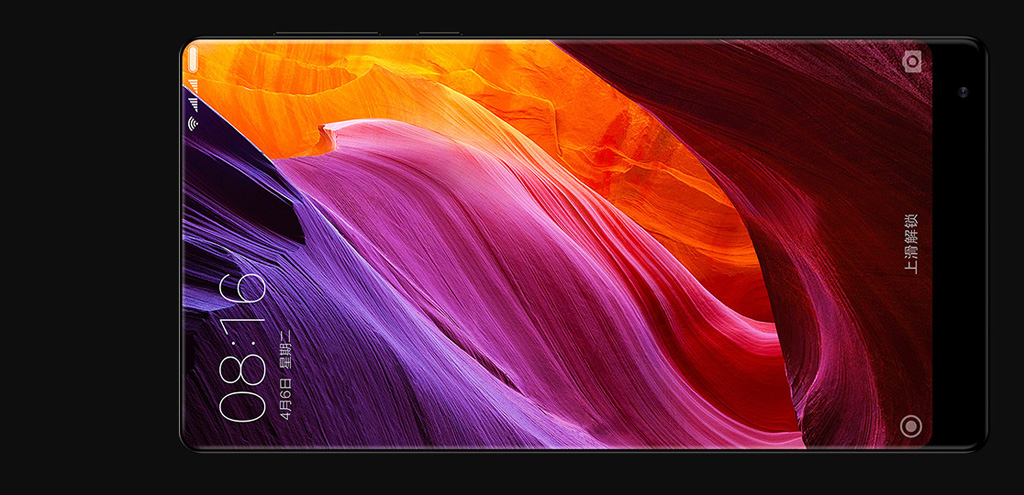
The only question now is whether Xiaomi has the patience to wait it out or if they will enter US and the EU markets pre-maturely?
6) It’s no longer easy to sue Chinese companies even outside China
Unlike China, the South Korean government will not make your life difficult in their country because you sued one of their top companies in an international court.
If Xiaomi were to enter US & European markets now, Apple would still find it more difficult to sue them, as compared to Samsung.
Last time the EU tried to ban ZTE and Huawei, the Chinese government responded with a threat to ban Europe’s lucrative wine sales in China. The message from Chinese government was simple, “If you won’t let our companies make money in Europe, we won’t let yours make money in China.”
So, no matter when or where Apple decides to sue Xiaomi there will always be repercussions for Apple’s business in China.
7) Tim Cook’s Apple is China-friendly
Steve Jobs was well-known for being fierce in defending Apple’s intellectual property. Tim Cook is no Steve Jobs. He is more mindful and calculating when it comes to doing business. He would not dare upsetting China and reverse the massive profits they are making there.
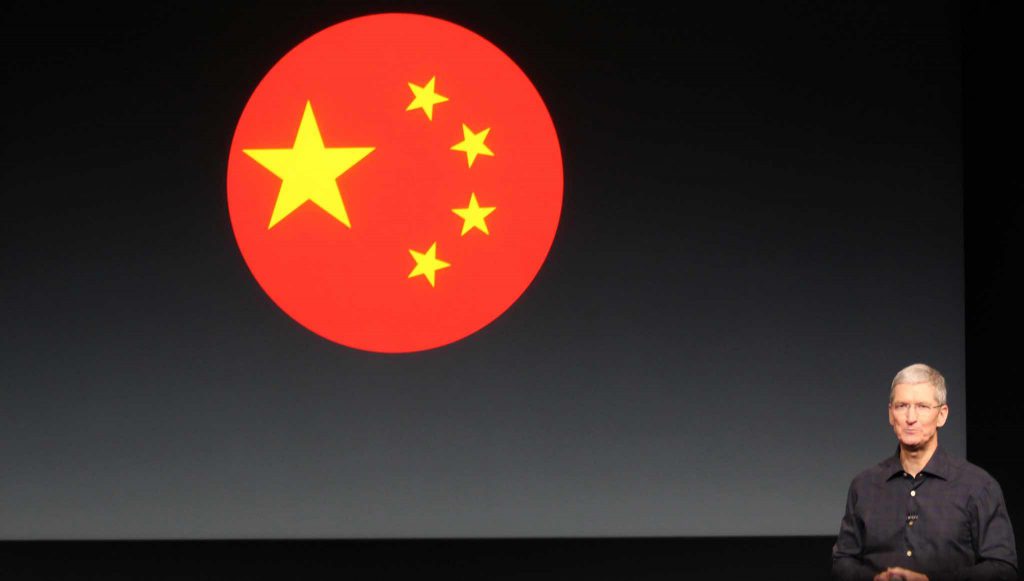
It’s wrong to assume that Tim Cook will ignore the risks and go after Xiaomi like they did with Samsung. It’s extremely unlikely.
8) Suing mobile phone companies doesn’t always work out
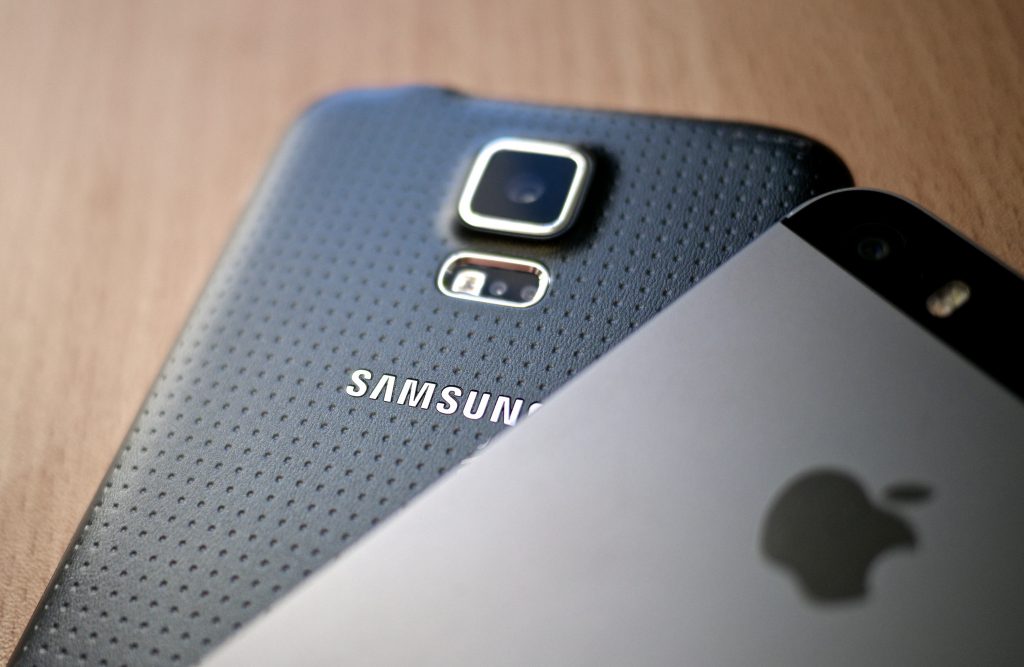
The track-record for lawsuits in the mobile phone industry is extremely poor, especially considering the outcome.
Apple didn’t benefit that much from suing Samsung. They couldn’t stop Samsung from becoming the second most powerful phone brand in the world. In fact, Apple may have helped them gain recognition by suing them so much.
It’s not been easy for Apple or Samsung. They both sued each other in many courts around the world. Some of these cases are still not resolved. But few of us today even care about these ongoing lawsuits as the age of smartphone patent-wars ends.
9) Xiaomi has a long road ahead
Xiaomi won’t pose a serious threat to Apple even if they can enter the US market without getting sued. Chinese phone companies (so far) have had a poor track-record at beating Apple. Take ZTE and Huawei for example. Both are among the biggest and richest technology companies in China. And, they have been making phones a lot longer than Xiaomi. Both can’t even beat Samsung yet.
If Apple cared about Chinese competitors, they would start by suing Huawei and ZTE first. Especially since neither ZTE nor Huawei mind copying from Apple, and both have been selling their phones in US and the EU for quite some time.
10) Xiaomi must beat Samsung first
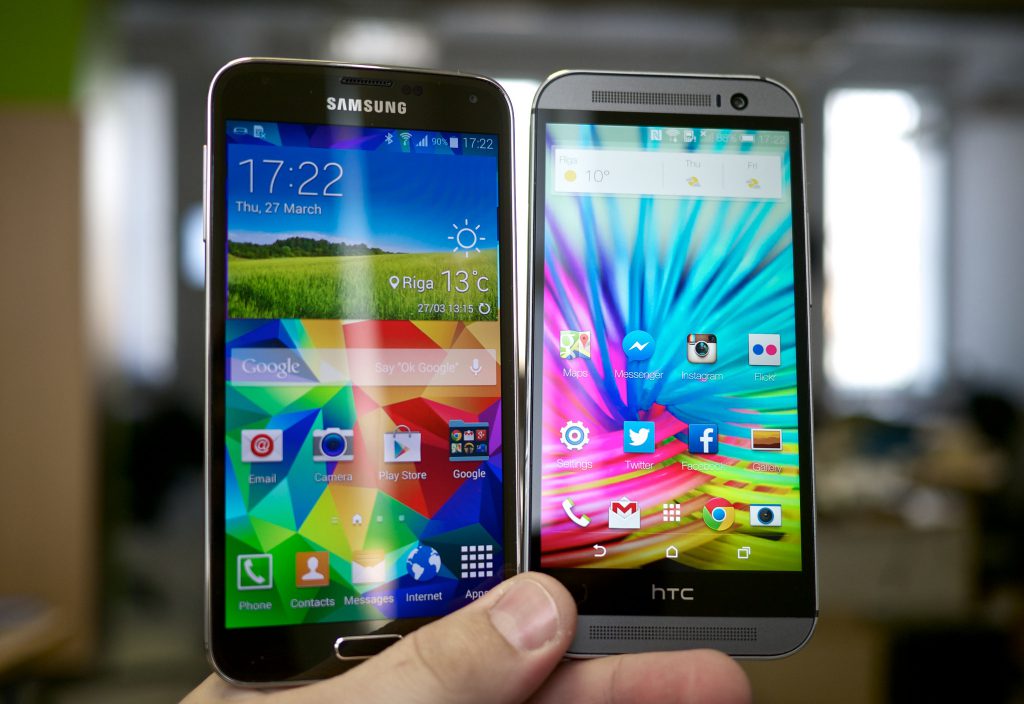
If Xiaomi becomes a global success, they are still more likely to hurt other Android players like Oppo, Lenovo, Huawei, ZTE, Samsung, LG and Sony.
Xiaomi needs to beat every other Android phone maker in the world if they want to dethrone Apple.
History tells us that being the top Android company isn’t enough to hurt Apple’s global profits. Samsung is the proof of that. They worked so hard to become the top Android phone maker in the world. Yet still they continue to struggle against Apple. Samsung is a behemoth in the Android space and even beating them is not going to be easy for Xiaomi.
What do you think will be the fate of Xiaomi?

